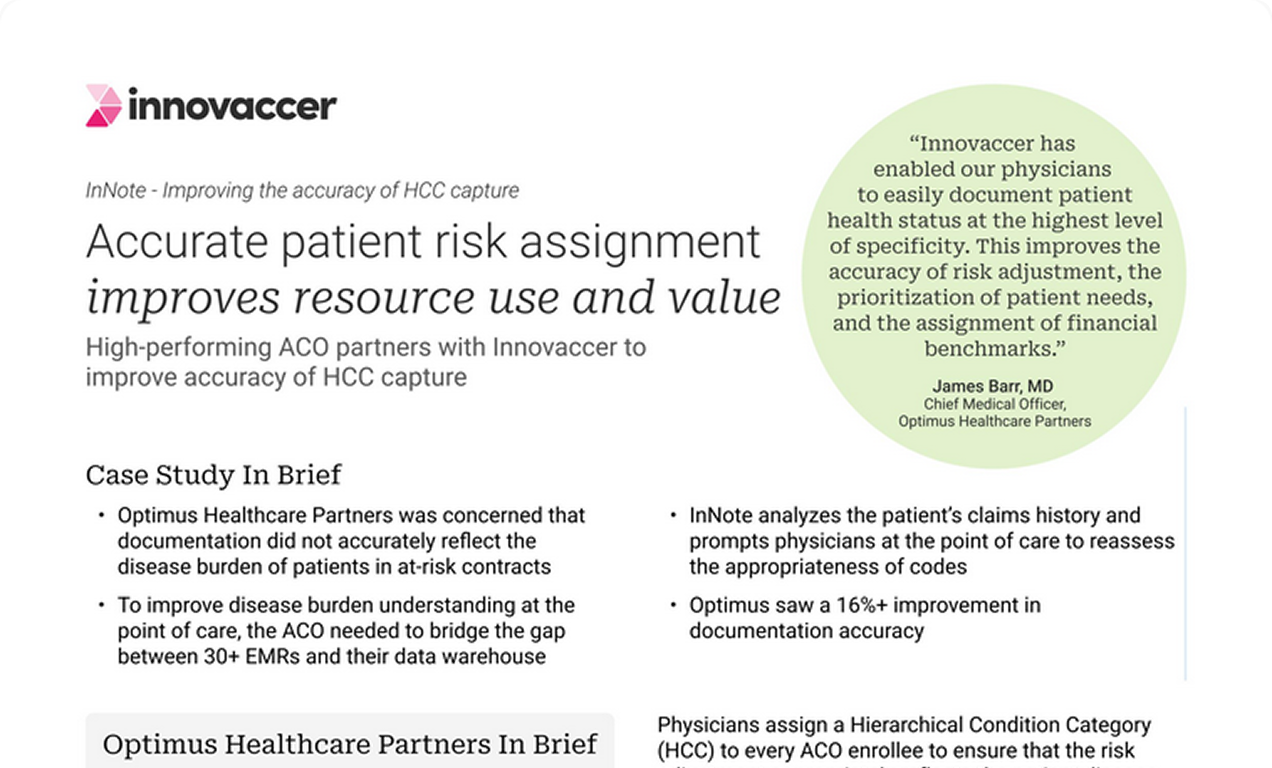From Physician Burnout to AI-Powered Efficiency: The Future of Healthcare in 2024

Healthcare is one of the industries that have experienced a vast transformation through the integration of Artificial Intelligence (AI). While physician burnout in the US is increasing to critical rates, effective and unique strategies for practitioners are being introduced, and more such upgrades are needed in the future.
The application of AI in healthcare is revolutionizing the whole landscape with enhanced patient treatment plans, streamlined operations, and mitigating burnout issues.
AI solutions like transcription tools and EHR write-back have transformed healthcare, but to truly understand the impact, it's important to hear directly from the physicians on the front lines. For deeper insights into what they are saying and how AI is shaping the industry, download the 2024 State of AI in Healthcare Report.
Role of AI Solutions in Making Healthcare Effortless

Healthcare ambient AI solutions are a progressive move towards better care delivery. These solutions have been observed to impact clinical practice, diagnosis, examinations, and collate records without adding administrative burden on care providers. One such solution is the introduction of AI scribes which have greatly reduced the physician workload.
As technology develops and promotes the applicability of artificial intelligence in diagnosing and administrative work, it significantly contributes to reducing physician and nurse burnout across the nation.
So far, diagnostic accuracy has been enhanced by these technological advancements, playing a key role in administrative maneuvering toward an improved organizational structure.
Integrating AI into healthcare holds much promise for revolutionizing care management, providing great value to patients and the entire healthcare ecosystem. With its usage, there has been an array of upgrades in patient treatment methods, including the creation of personalized care plans.
Such a gradual shift from a uniform approach to unique forms of treatment improves patient outcomes and reduces treatment costs. Another subfield of AI in healthcare entails the processing of big medical data containing information for each patient, including genetics, medical history, drivers, and even biometrics and behavioral indices.
Integration of Big data
By integrating datasets between systems and transferring this dataset among various systems and clinicians, AI offers a complete picture of patient clinical data and treatment plans. This integration further supports the treatment team in making accurate, data-driven decisions and streamlining focus on value-based care.
These interventions make the quality of patients' treatment even more dynamic and enhance the scope of outcomes. As more and more information is explored, AI technologies in healthcare will improve performance and showcase the potential for advancement and betterment of health quality both in terms of patients and healthcare delivery.
Accuracy and Trust
AI in healthcare has also proven its worth in terms of providing point accuracy and efficient management of patient bills. AI-powered billing systems drive medical code assigning, eligibility checks, and claims filing, providing an efficient flow of processes with reduced chances of error and a better revenue cycle.
By using AI algorithms, claims can be processed in a way that looks for patterns in contractual language and verifies that no codes have been left out or entered twice, ensuring procedures are not denied and healthcare providers are reimbursed fairly. This automation not only increases efficiency in the whole process but also provides an ultimate solution to time-long issues.
Clinical Decision Support
When implemented as a decision support tool, AI can help with patient prioritization and resource allocation according to their clinical metrics and available EHR information. These systems can provide recommendations and manage to facilitate resource distribution, which further helps prevent healthcare worker exhaustion by optimizing their workload and the general efficient functioning of the system.
The Road Ahead
As advancement in artificial intelligence unfold, AI is likely to assume an even higher status in providing advanced administrative support and addressing problems affecting the health sector due to burnout. These technologies have brought new opportunities to improve patient satisfaction and organizational performance and help providers in their daily tasks.


.png)






.avif)









.svg)
.svg)

.svg)

